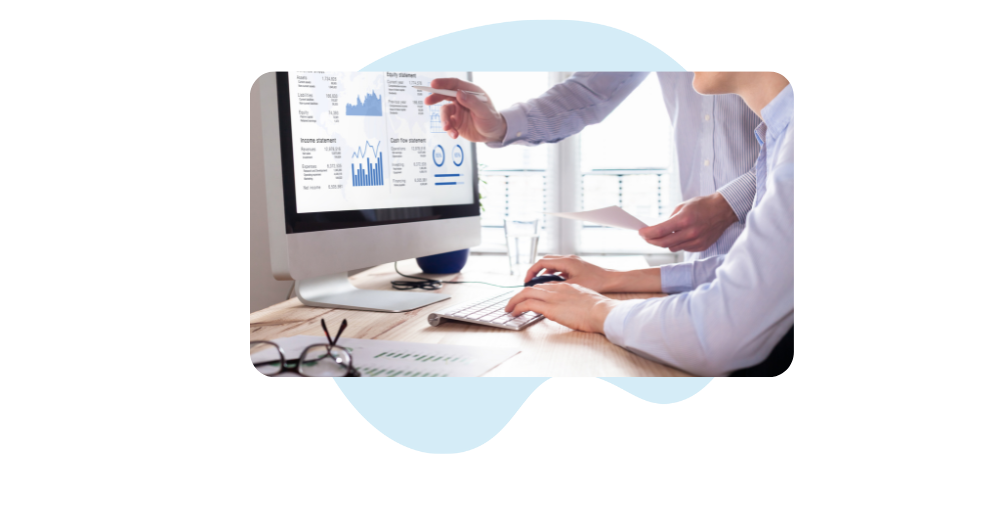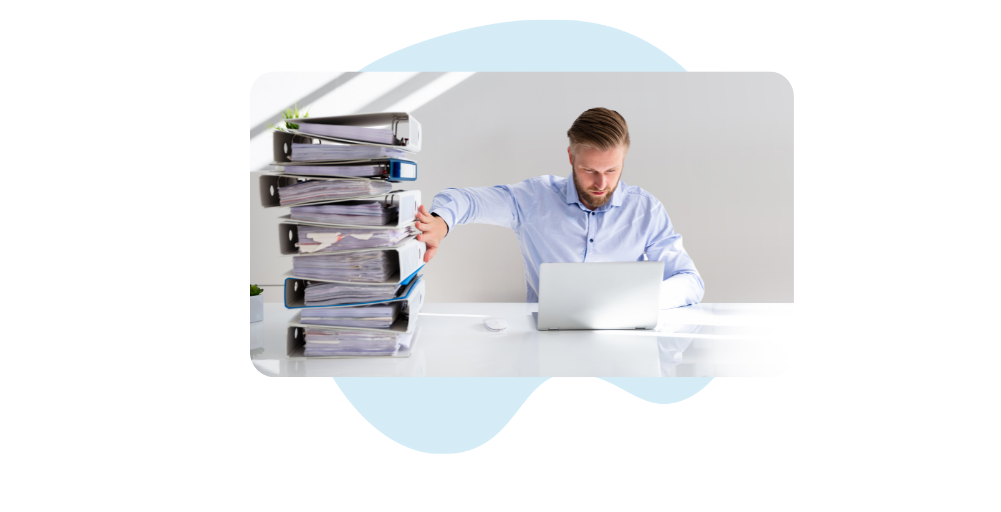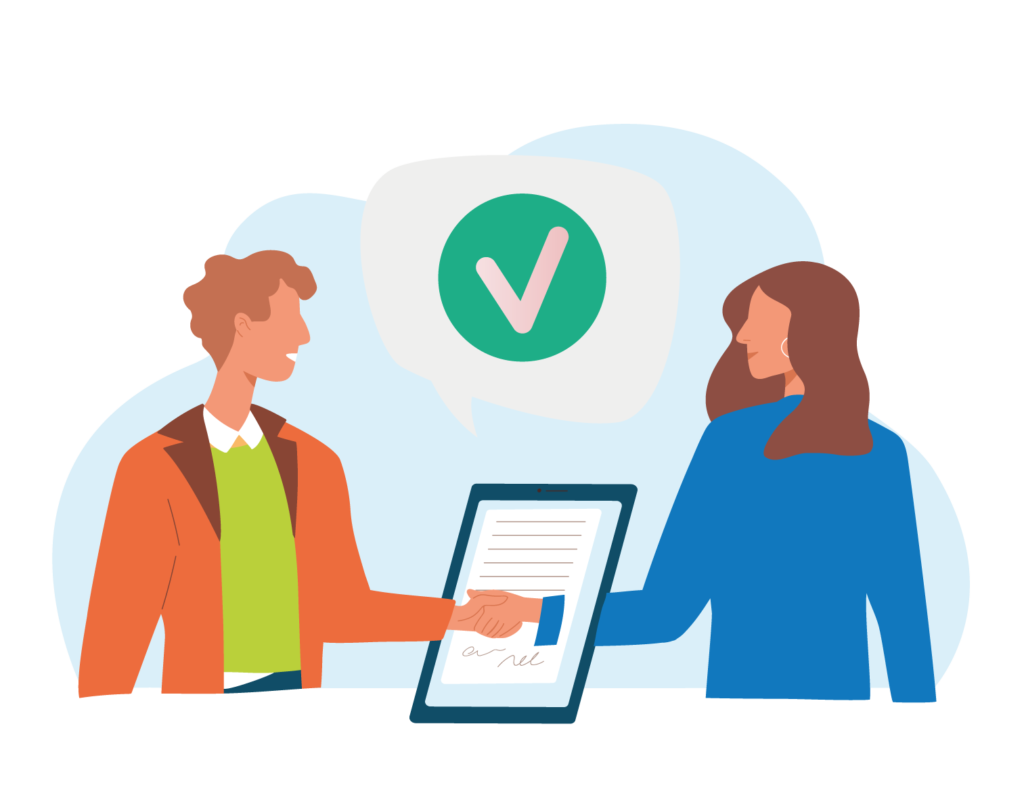The future of trust accounting software
As the world evolves to be increasingly more digitalised, it’s starting to become natural for the majority of business leaders to use software on a day-to-day basis.
Where before, we’d write and send invoices by hand, now, third-party platforms like Xero can handle the task and save us hours each month.
For property owners trying to compete for tenants in an agile market, efficiency is critical. If you can keep your costs as low as possible whilst continuing to deliver exceptional experiences to your residents… wouldn’t that truly be the best of both worlds?
Thankfully, it’s a possibility that’s within arms reach.
Property Management Software
Multi-discipline technology for property owners, investors and occupiers.

Over the past few years, hundreds of software applications have been designed in order to support real estate organisations in their day-to-day operations; reducing finicky administrative tasks as well as human error.
Subsequently, trust accounting is no exception.

What is trust accounting?
Trust accounting is the process involved in bookkeeping, auditing and reporting to keep your trust account compliant with all the laws and regulations.
Oftentimes, it requires the collaboration of a specialist trust accountant, which, for larger businesses (like real estate, can quickly become a significant cost.
Trust accounting in real estate and property management
Real estate agencies are sometimes required to retain their clients’ money for a variety of purposes; such as rent collection and deposits on property sales. This money legally has to go into a trust account – which is separate from your normal business cash flow.
Even if you have the time to record and track purchases, and are skilled enough at math to do so, it can be quite complicated to decipher what payments must go where. That’s why trust accounting software has become so popular.
For the most part, it is able to make the decisions for you and ensures your financial records are up to date and (perhaps more importantly) accurate. This way, should you ever face a challenge from your tenants or the local government, you can prove you are fully compliant – reducing the number of challenges and the amount of stress you have to deal with.
Going forward, trust accounting software is proving to be even more important to any property manager desperately trying to keep on top of their admin and run a successful business… especially in the face of tighter government regulations.
What is the purpose of trust accounting software?
In short, trust accounting is more than just holding money for tenants and property owners; it requires meticulous bookkeeping, regular auditing and reporting and strict adherence to the Residential Tenancy Act.
In the past, most real estate businesses will have designated staff (usually in the finance team) who are responsible for their trust accounting. They would have to monitor activity in the trust account and, as is still the case in a number of organisations, maintain all the manual processes required.
It’s expensive, time-consuming, and, thanks to the advancements in technology, completely unnecessary. Trust accounting software exists to significantly reduce the workload of anyone who has to maintain active trust accounts and is incredibly advantageous to all property managers, regardless of the size of their rent roll.
The top benefits of trust accounting software
Experts across the world state that the successful collaboration between people and technology is going to be a core element in all efficient business activity in the years ahead.
Forbes quotes, “As technology progresses, the relationship between humans and machines becomes interdependent and approaches symbiosis. Our abilities and our machines’ abilities complement one another, allowing us to pursue goals that neither we nor they could achieve alone.” It’s a powerful statement and one that property owners would be remiss to ignore.
Other benefits of trust accounting software include:
- Stronger cybersecurity through encrypted data.
- Flawless and fast reporting.
- A simplified reconciliation process.
What’s more?
Trust accounting software allows real estate businesses to have separately allocated ‘trust accounts’ for every person that they’re acting for.

What is the future of trust accounting software?
Over the last few years, landlords, property owners, and real estate businesses have been slowly adopting trust account software.
Now, they’ve seen a once complicated process become significantly easier to handle. Not only have they eradicated time-consuming finicky administration, but many have also seen positive impacts on their overall financial health.
With such vast potential already within arms-reach thanks to trust account software for real estate, it’s hard to believe that there’s still work to be done.
Yes, the software is still evolving and becoming more and more useful.
With the enormous amount of transactions going through trust accounts for property management and the legal requirements for an agency to have a trust account if they are receiving trust money, there’s still lots of potential yet to be discovered.
What is proposed moving forward, in the simplest of terms, is that where previously an agency only needed a trust account in circumstances where they were holding somebody else’s money, in trust accounting’s future, agencies would no longer hold the money at all.
Beyond that, developers and Engineers operating in the space are already analysing where real estate trust accounting software can be improved even further – particularly paying attention to the evolving processes and demands of government organisations.
Soon, it seems that the only work a landlord will have to do is load up the program as part of their greater property management software.
Over time, by digitising more and more high-volume tasks through trust accounting software, and even streamlining data entry tasks, the industry will ideally become much more personalised to each user’s unique needs; further benefiting real estate businesses across New Zealand.
In a world where trust accounting is still an extensive and complicated job for many, this is wonderful news… and well worth celebrating.

Trust accounting software in real estate – FAQs
88% of professionals believe that automation will help them work more efficiently.
Are you one of them?
If you’re still a little unsure about the usefulness of property management trust accounting software, request a Palace demo and see how it can streamline your workflow and grow your property management business.
New Zealand’s leading trust accounting software for real estate
People fear the unknown.
For years, trust accounting has been a difficult subject that finance teams have had to tackle over and over again, sometimes making mistakes that lead to extensive legal action.
The ongoing advancement in trust accounting software can help combat frustrations that arise when dealing with complicated administration, making light of property management.
Through MRI Software’s Palace you can benefit from the most up-to-date trust accounting capabilities and lead your business to the next level.
Webinar: Secure Sign for Palace
Make signing real estate documents easier than ever with MRI Secure Sign. Manage all your lease agreements, contracts, and other documents through one, easy-to-use solution. Learn how you can: Meet deadlines faster with online signature management. …
